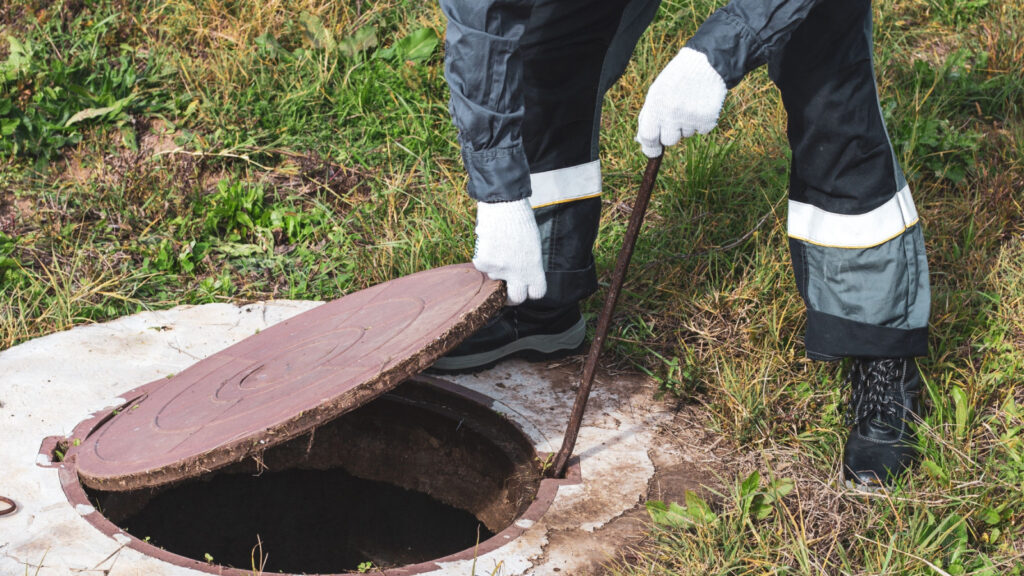Owning a cottage in Canada is a dream for many, but it comes with responsibilities that go beyond just weekends at the lake. Too often, cottage owners fall into bad habits that can harm the environment, cause costly repairs, or simply ruin the peace and quiet that makes cottage life special. From ignoring safety basics to overlooking long-term upkeep, small mistakes can add up fast. Here are 15 things every Canadian cottage owner should stop doing immediately:
Ignoring Septic Tank Maintenance
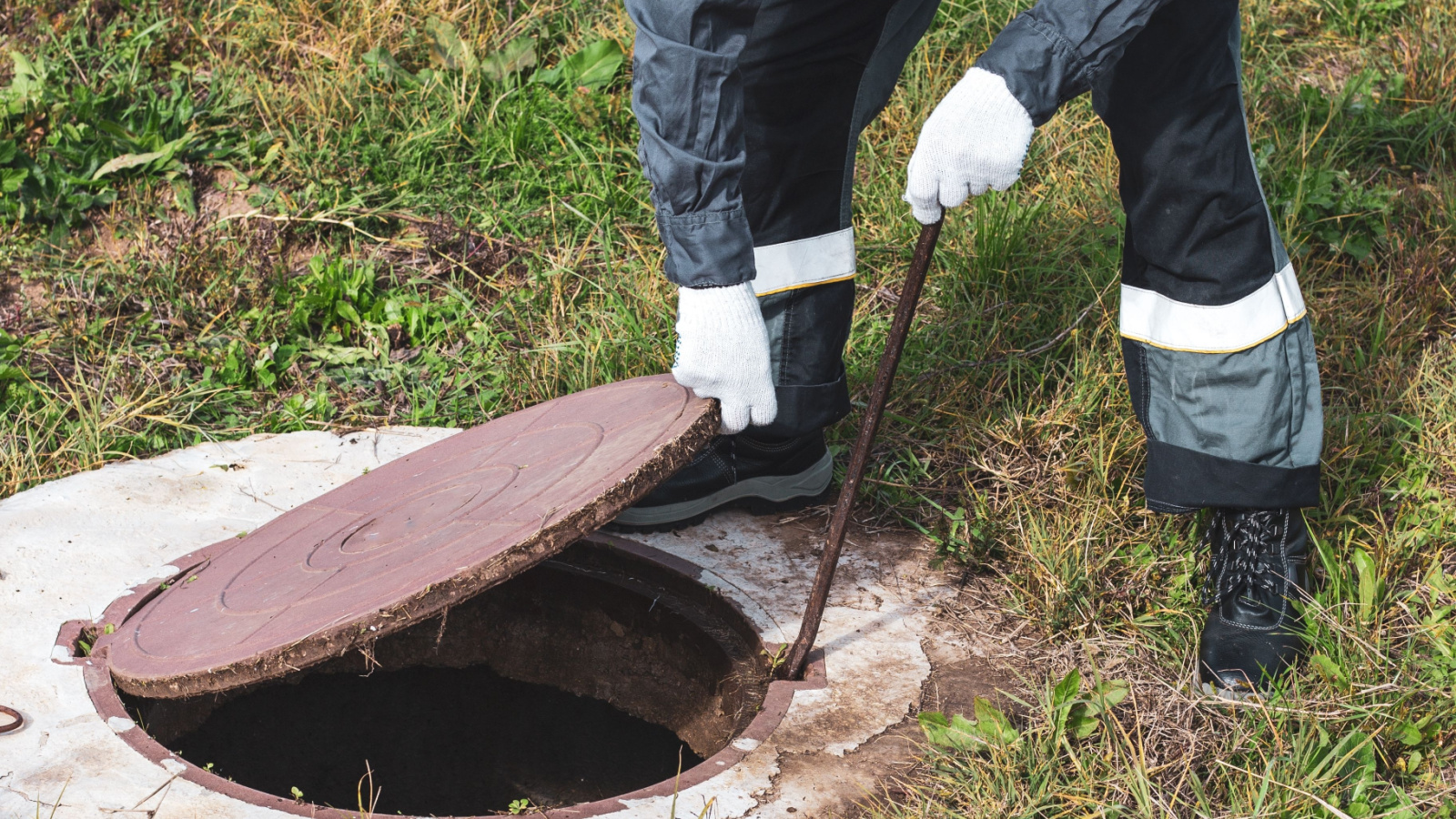
One of the biggest mistakes cottage owners make is neglecting septic system upkeep. Unlike city plumbing, septic tanks need to be pumped every few years to prevent backups and leaks that can contaminate local lakes and groundwater. Ignoring maintenance can lead to foul odors, expensive repairs, and even environmental fines. Regular inspections and responsible water use, like limiting laundry loads or installing low-flow fixtures, can extend a septic system’s life. Cottage owners should stop treating septic systems as “out of sight, out of mind” and instead see them as a crucial part of protecting both property and nature.
Overusing Fertilizers Near the Water
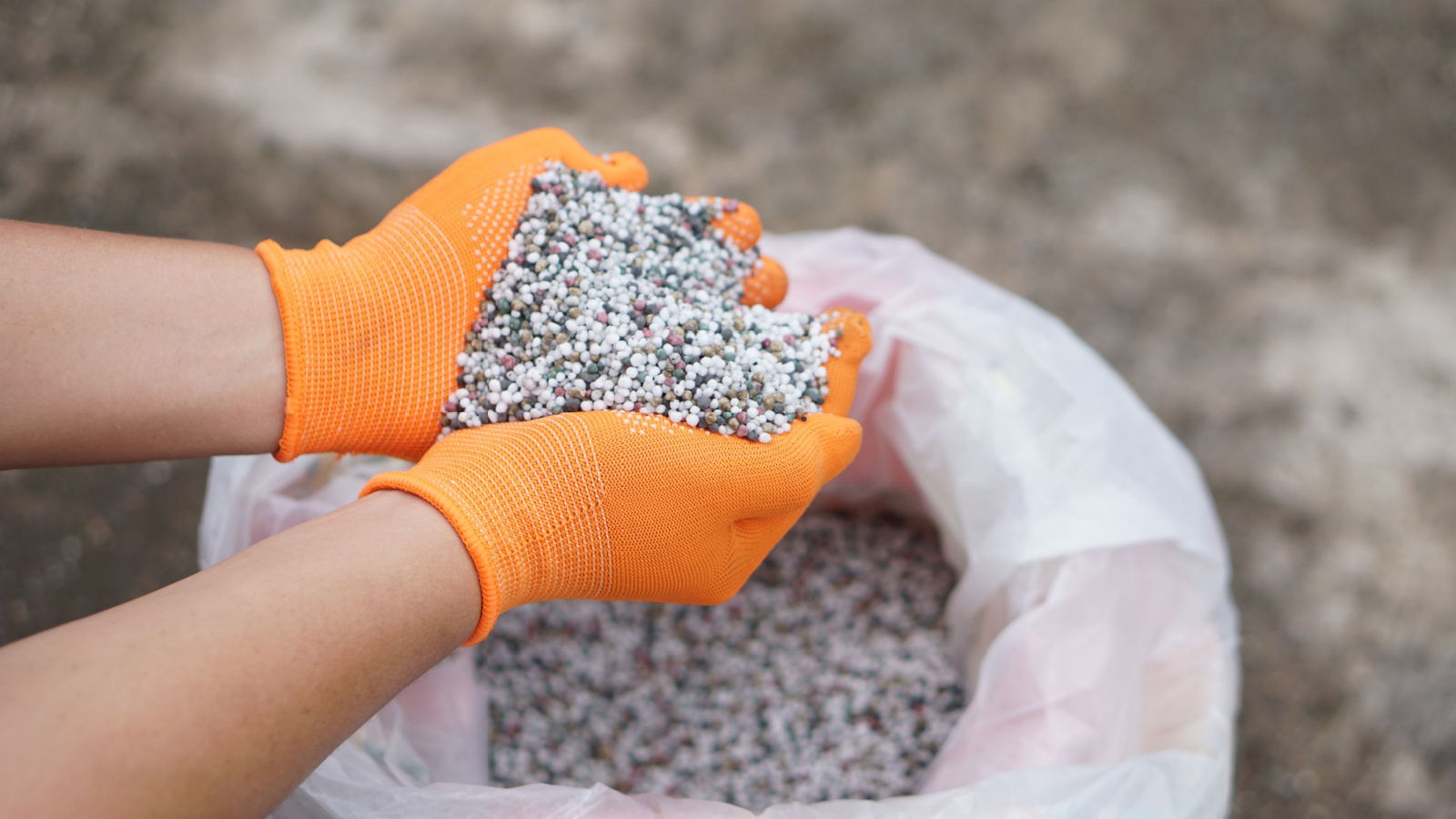
Cottage owners often want lush green lawns, but using chemical fertilizers near lakes and rivers can wreak havoc. Runoff leads to algae blooms that choke fish, cloud the water, and disrupt delicate ecosystems. Not only does this damage the natural beauty of the shoreline, but it can also make swimming unsafe. Switching to natural landscaping, planting native species, or creating buffer zones of shrubs and grasses prevents these problems. Owners may want to stop prioritizing manicured lawns over healthy waterways, especially when the cottage lifestyle is all about connecting with nature.
Leaving Food Out for Wildlife
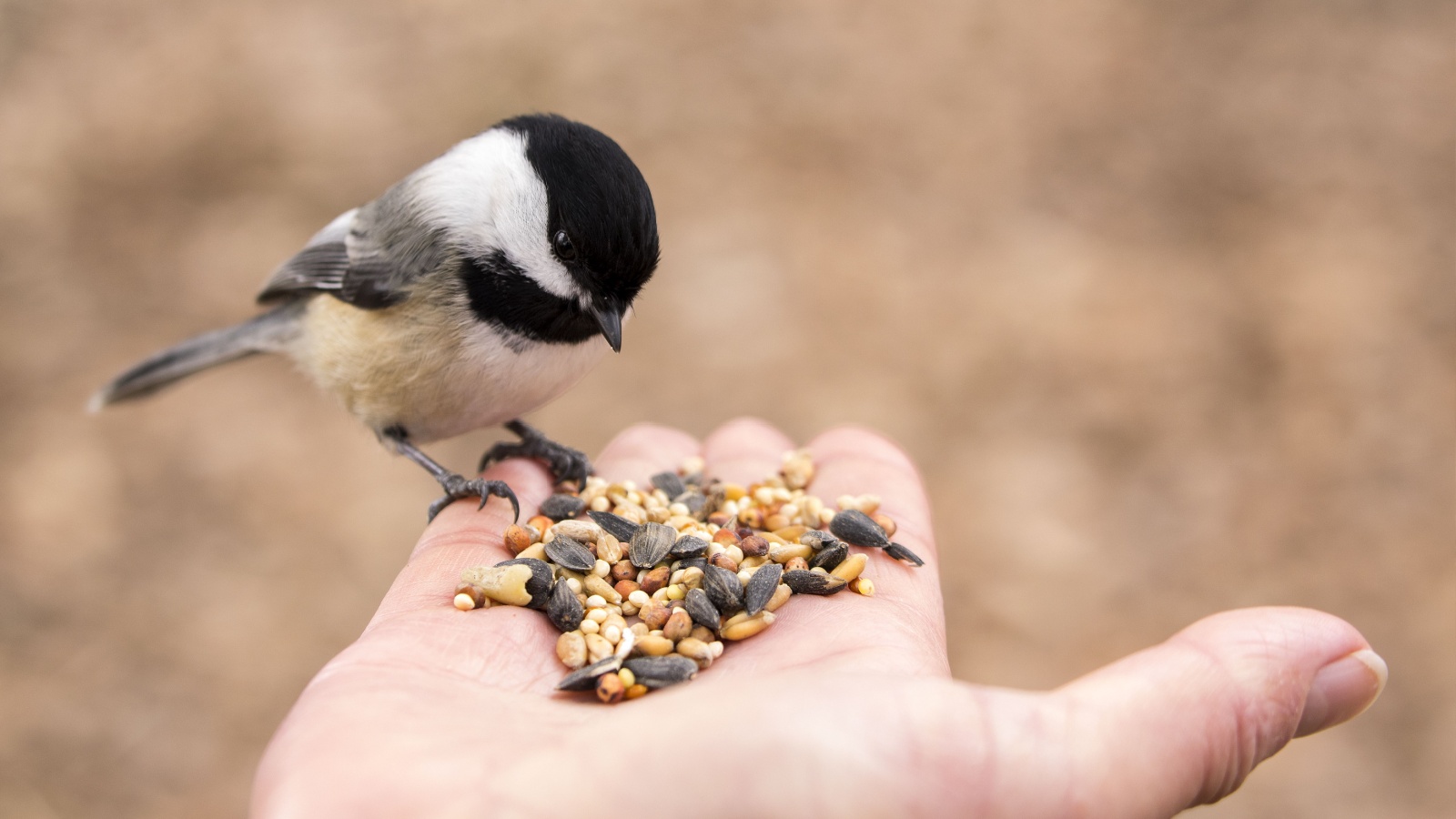
Feeding bears, raccoons, or even chipmunks may feel harmless or even cute, but it quickly creates dangerous problems. Animals that associate cottages with food lose their natural instincts, become aggressive, and may eventually need to be relocated. Leaving garbage, pet food, or scraps outside invites unwanted visitors and damages the balance of local ecosystems. Cottage owners should stop treating wildlife like pets and instead secure food properly, use bear-proof bins, and enjoy animals from a respectful distance. Protecting the wild means keeping it wild, not making it dependent on human handouts.
Neglecting Dock and Boat Safety Checks

A dock is the centerpiece of many cottages, but ignoring regular safety checks can lead to serious accidents. Loose boards, rusted nails, and unstable ladders pose risks for anyone walking barefoot or diving into the water. Boats also need proper maintenance, and life jackets, working lights, and functioning motors aren’t optional. Cottage owners often delay these checks, thinking they’ll get to it next season, but waiting increases risks and costs. By stopping this habit and committing to annual inspections, owners protect loved ones while ensuring their waterfront stays both safe and enjoyable.
Burning Garbage in Fire Pits
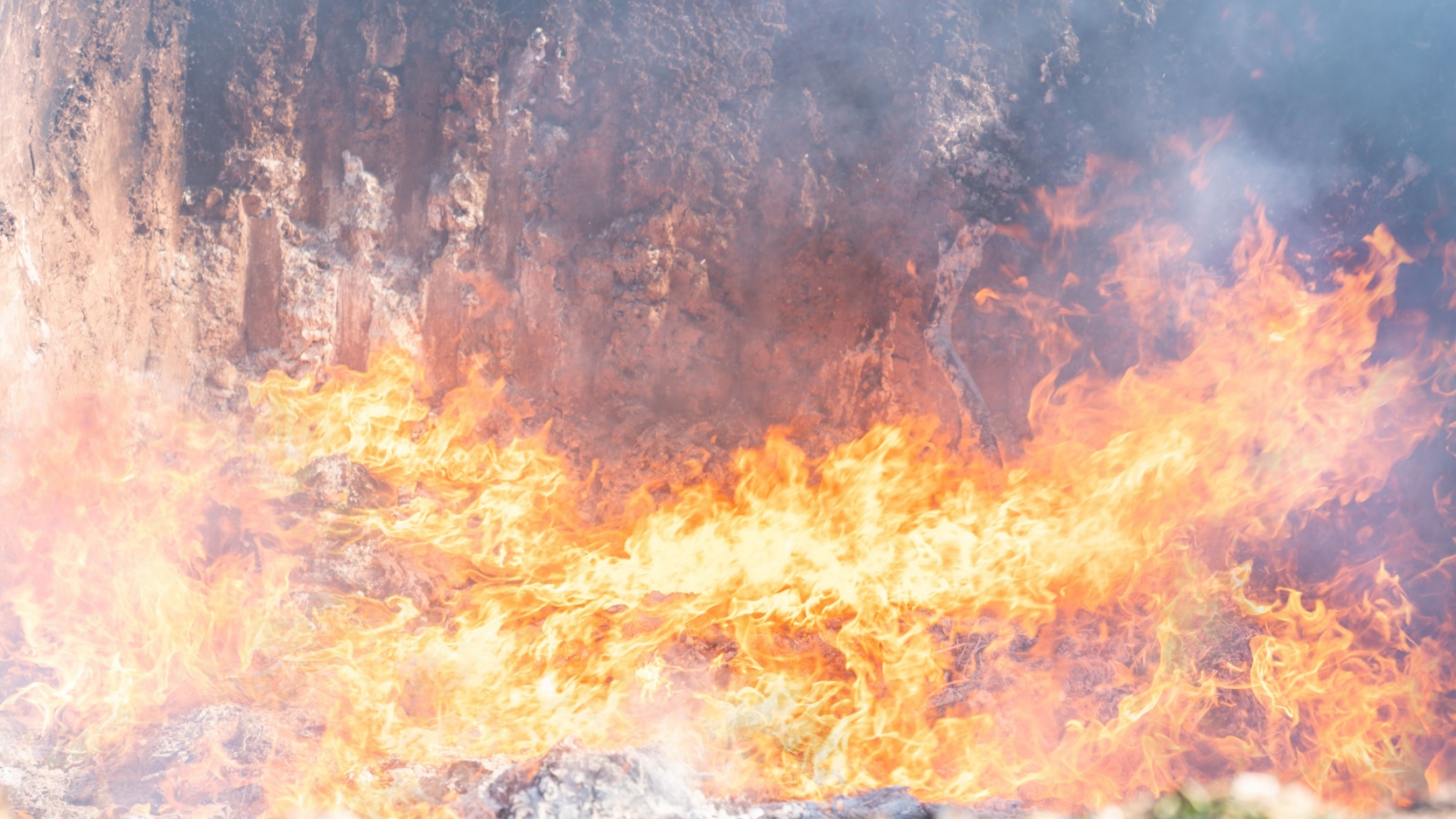
Many cottage owners wrongly assume tossing trash into a fire pit is harmless, while in reality, burning plastics, cans, or treated wood releases toxic fumes that harm air quality and settle in nearby lakes and soil. It is also illegal in many regions, with fines attached. Instead, garbage should be packed out or properly disposed of at local waste facilities, and campfires should stick to dry wood and paper only. Ending this bad habit protects the environment, keeps the air clean, and makes evenings by the fire a safer, healthier tradition for everyone.
Skipping Winterization
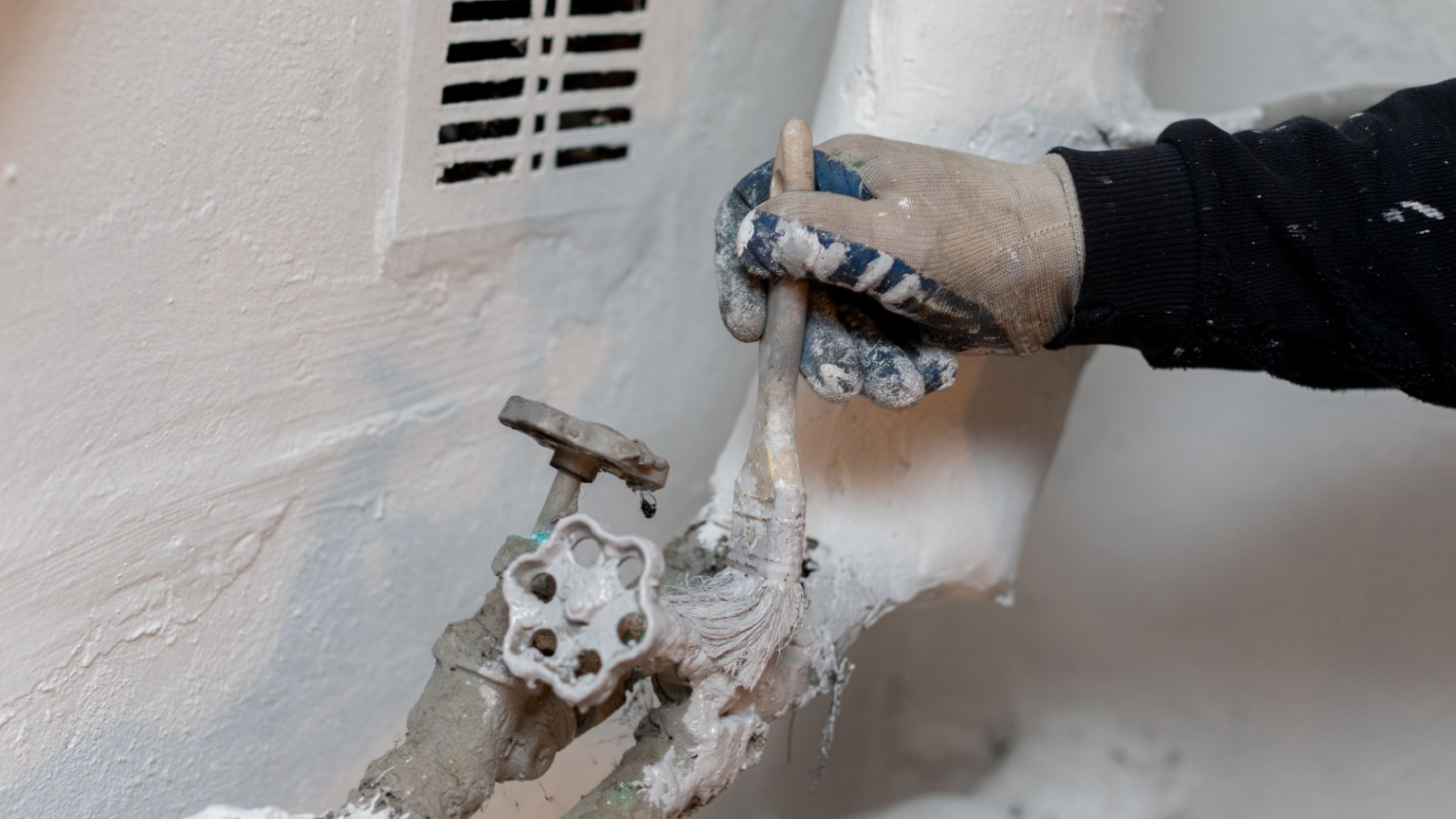
Failing to shut down a cottage before winter properly is a costly mistake. Uninsulated pipes can freeze and burst, leading to thousands in repairs. Boats left in the water risk severe damage from ice, and unchecked roofs may collapse under heavy snow. Many owners assume they’ll “be fine” if the season ends mildly, but Canadian winters are unpredictable. Cottage owners must avoid leaving the cottage vulnerable, drain plumbing, store outdoor furniture, and check for leaks before closing up. Proper winterization saves money, prevents emergencies, and ensures the cottage will be ready for spring without unpleasant surprises.
Overcrowding the Cottage
It’s tempting to invite every friend and relative up to the cottage, but overcrowding puts strain on both the property and relationships. Septic systems can’t handle excessive use, water supplies run low, and quiet spaces become noisy and stressful. What’s meant to be a relaxing retreat quickly turns into a cramped, chaotic house party. Cottage owners should stop overfilling their space and instead set boundaries for guest numbers. By doing so, the property stays functional, the environment remains protected, and everyone enjoys a more relaxing and memorable stay.
Neglecting Invasive Species Control

Cottages located near lakes or forests often face threats from invasive species like zebra mussels, Eurasian milfoil, or even pests like emerald ash borer. Ignoring these issues allows them to spread quickly, damaging ecosystems and property values. Cottage owners sometimes unknowingly contribute by transporting firewood, boats, or equipment between locations. Stopping this bad habit means cleaning boats before moving them, sourcing firewood locally, and reporting invasive sightings. Protecting Canadian cottages also means protecting the fragile natural environments that make them special in the first place.
Using Too Much Electricity Off-Grid
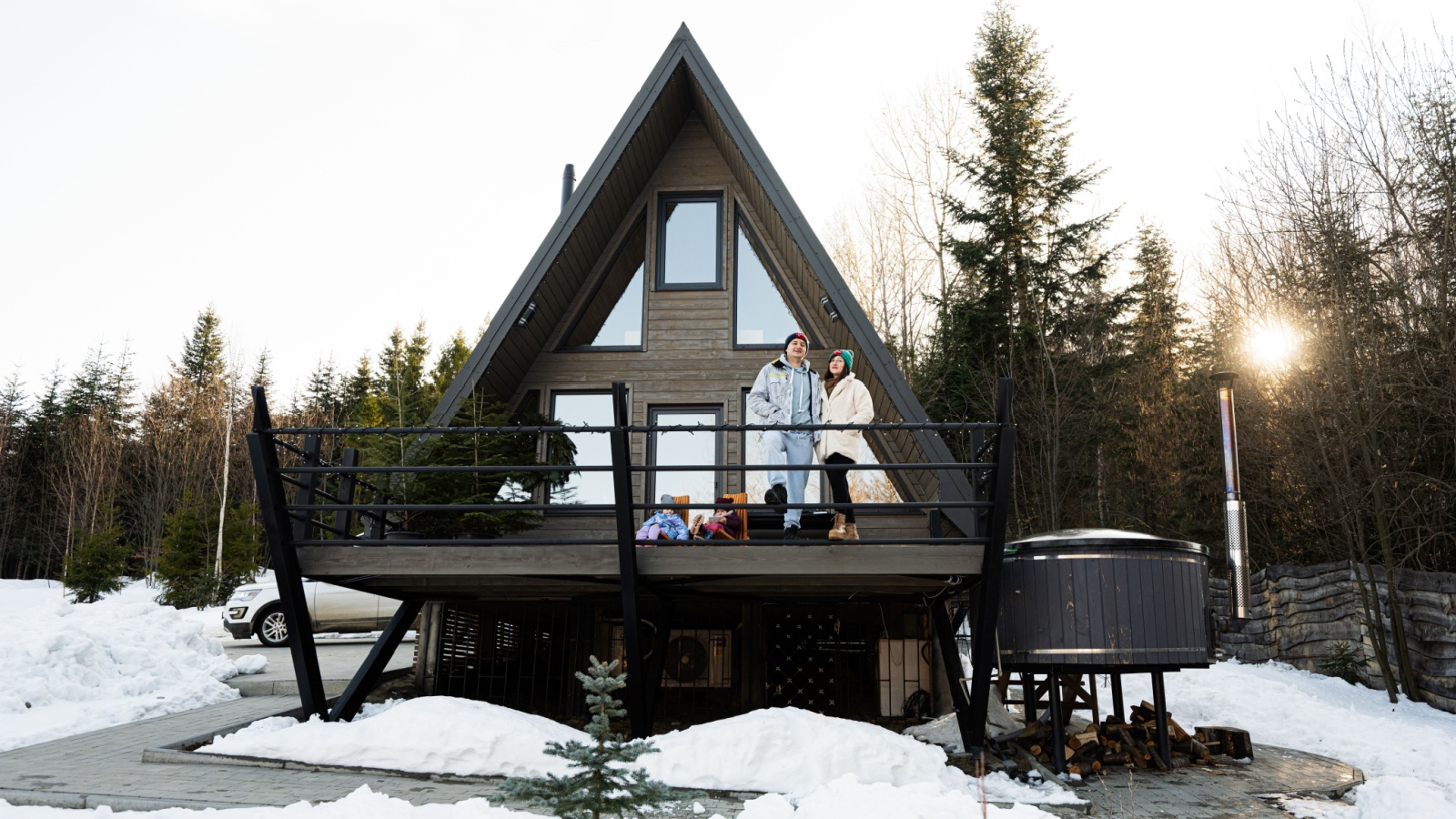
Off-grid cottages often rely on generators or solar setups, but many owners overuse electricity without thinking. Running multiple appliances at once or leaving lights on drains systems quickly and burns costly fuel. It also creates unnecessary noise and pollution in peaceful natural settings. Cottage owners should stop treating off-grid setups like city power grids and instead embrace conservation by using LED bulbs, unplugging devices, and running only essentials. This not only saves money but also extends the lifespan of equipment while keeping the cottage lifestyle more sustainable and serene.
Forgetting Fire Safety Basics
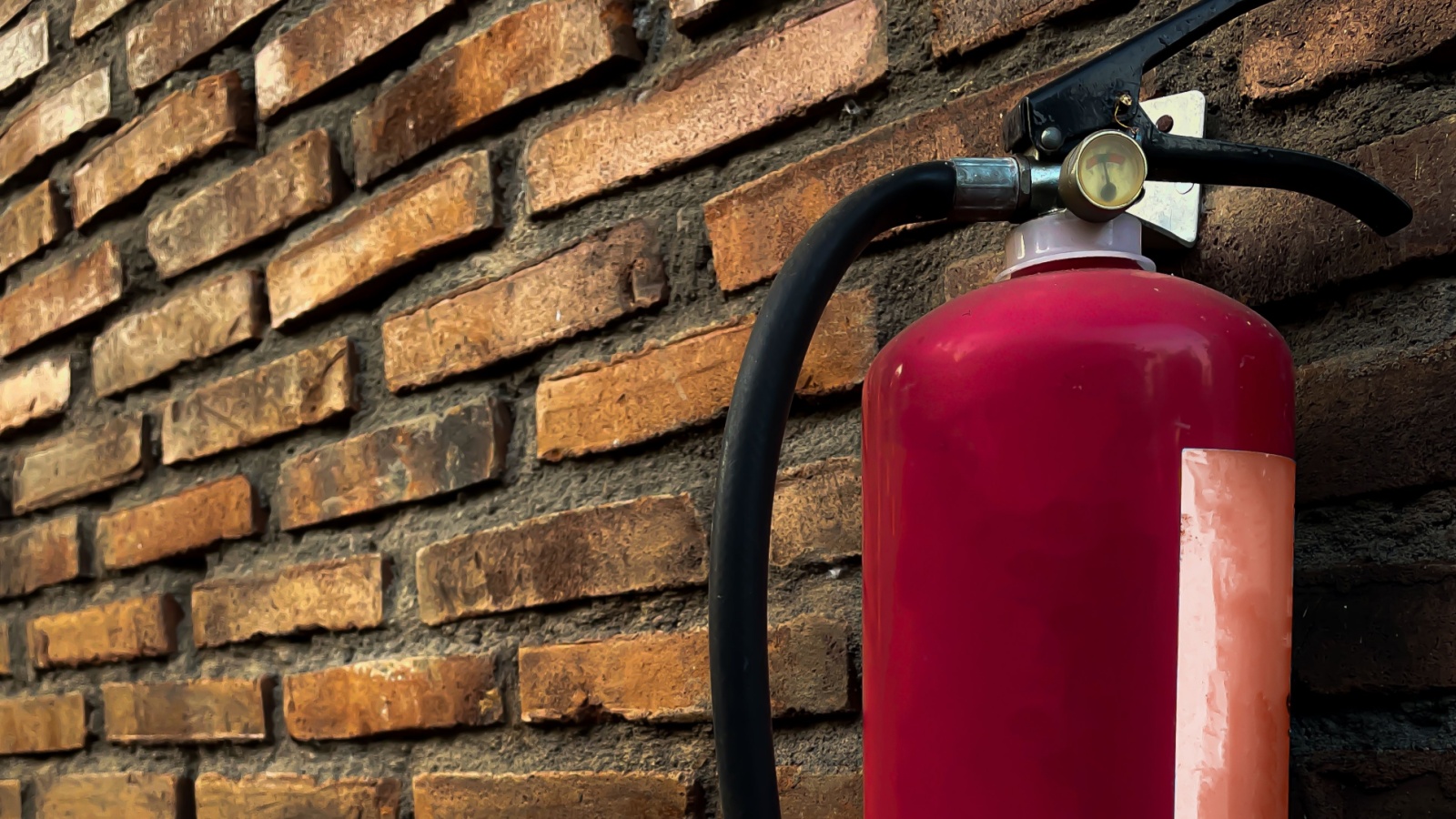
A cottage surrounded by trees is especially vulnerable to fire, yet many owners forget the basics. Overgrown brush, poorly placed fire pits, or a lack of water buckets nearby create dangerous risks. Campfires left smoldering overnight or fireworks set off too close to the forest can spark disasters. Cottage owners need to stop treating fire safety as an afterthought and start keeping extinguishers on hand, clearing dry brush, and following local burn bans. Fires spread quickly in remote areas, and prevention is far easier than dealing with destruction.
Ignoring Roof and Gutter Maintenance
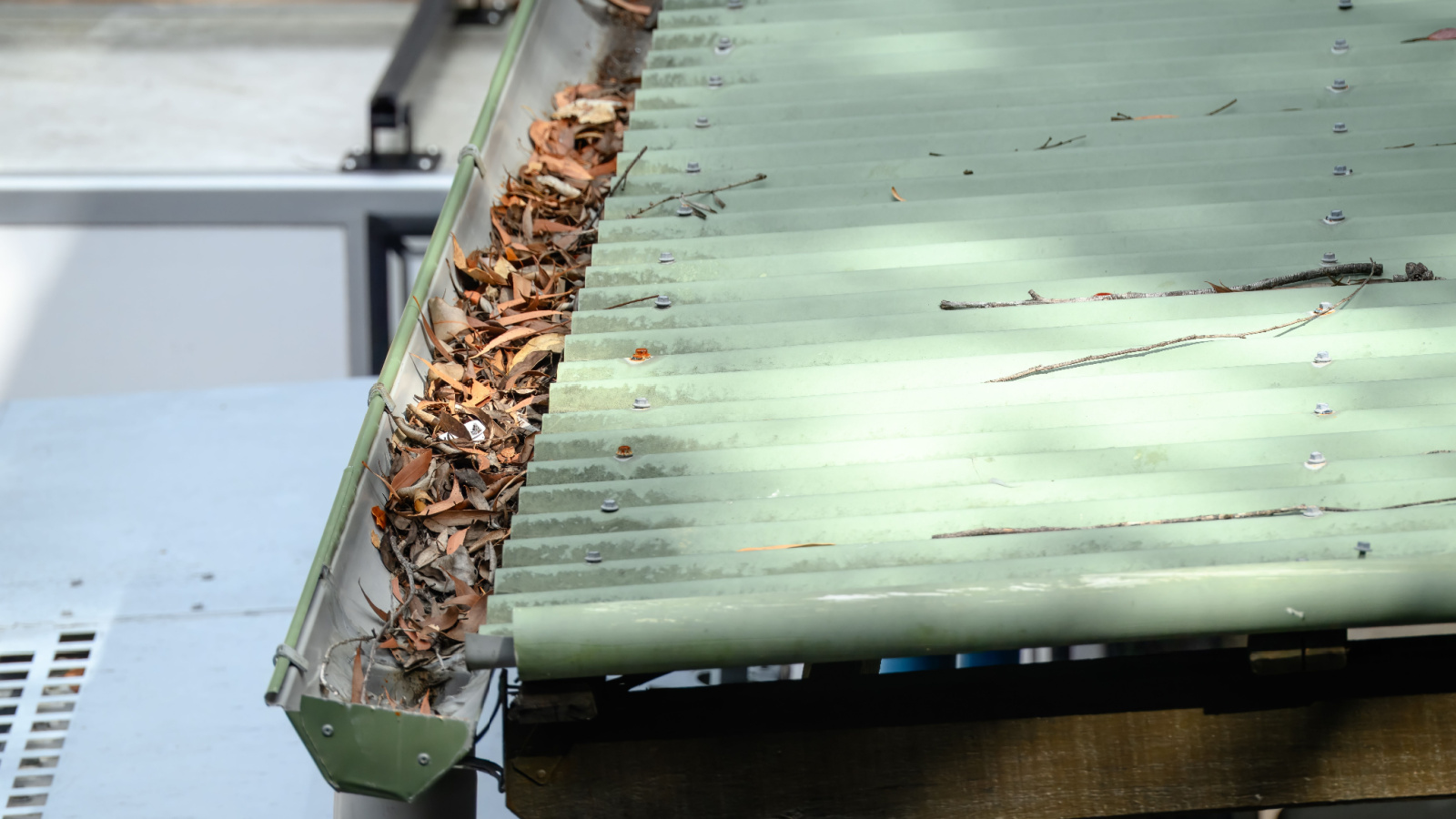
Many cottage owners underestimate the damage a neglected roof can cause. Leaky shingles or clogged gutters lead to water damage, mold, and structural issues. Cottages near forests are especially prone to debris buildup, which blocks drainage and invites pests. Ignoring these problems can turn a relaxing retreat into a costly headache. Instead of waiting for leaks to appear, owners should inspect roofs and clear gutters regularly. Stopping this habit not only prevents major repair bills but also protects the long-term value of the cottage and keeps it comfortable year-round.
Letting Shoreline Erosion Go Unchecked
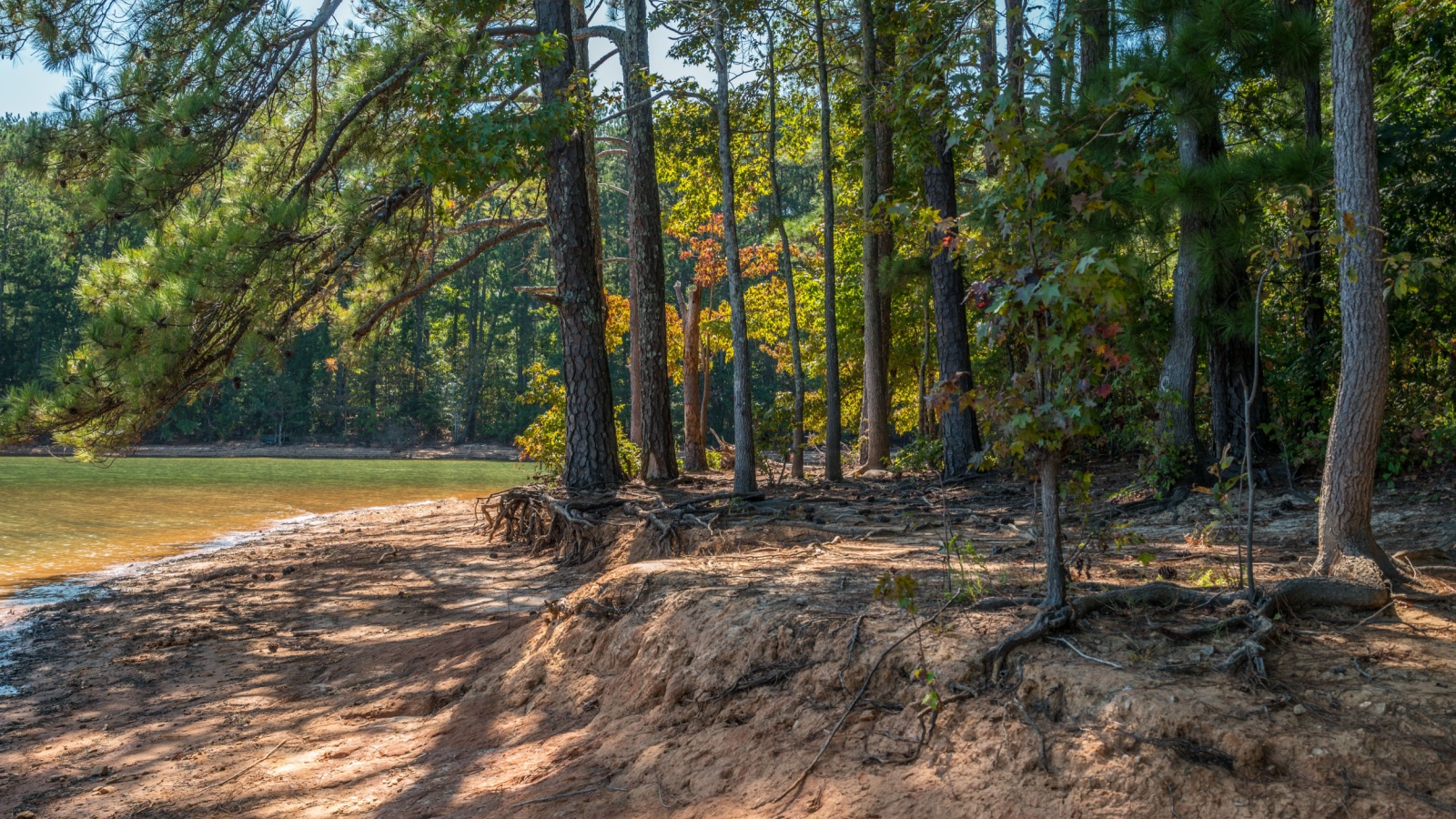
Cottages built near lakes or rivers often face shoreline erosion, which worsens if left untreated. Owners who ignore it risk losing valuable land, damaging docks, and harming ecosystems. Simple measures, such as planting native vegetation, adding natural barriers, or reducing heavy motorboat traffic near shorelines, can make a significant difference. Yet many cottage owners push the issue aside until the damage becomes irreversible. Stopping this neglect now protects the shoreline, preserves property value, and ensures the natural beauty of Canada’s waterfronts remains intact for future generations to enjoy.
Hoarding Old Furniture and Junk
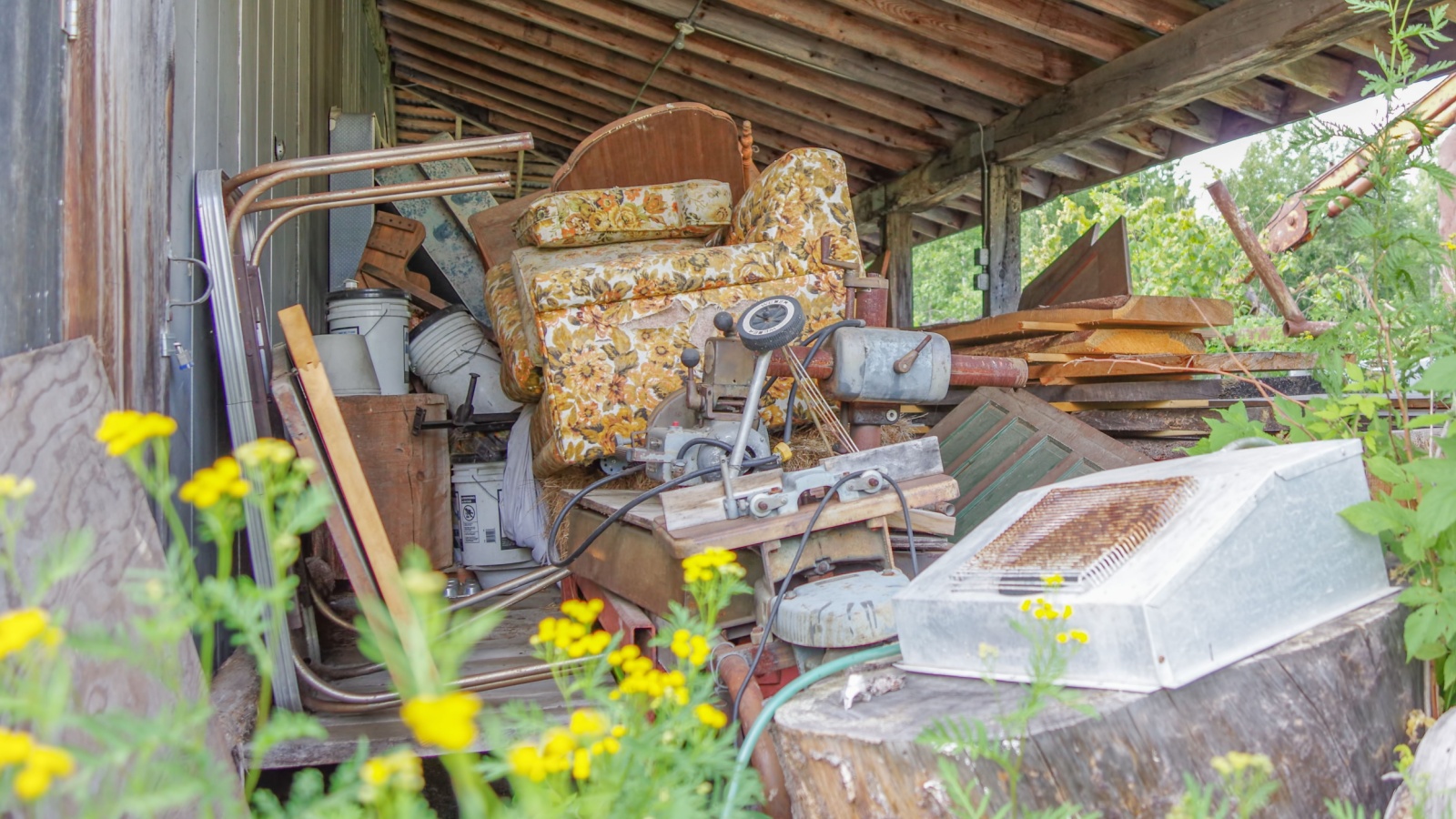
Cottages often become dumping grounds for old sofas, broken chairs, and random odds and ends from city homes. While it may feel thrifty, overcrowding cottages with junk creates fire hazards, attracts pests, and clutters what should be a peaceful escape. Instead of hoarding, cottage owners should stop treating the property like storage and start recycling or donating unused items. A clean, organized cottage makes for a more enjoyable retreat and prevents the property from becoming an eyesore. Less clutter means more space for relaxation and memories.
Skipping Pest Control
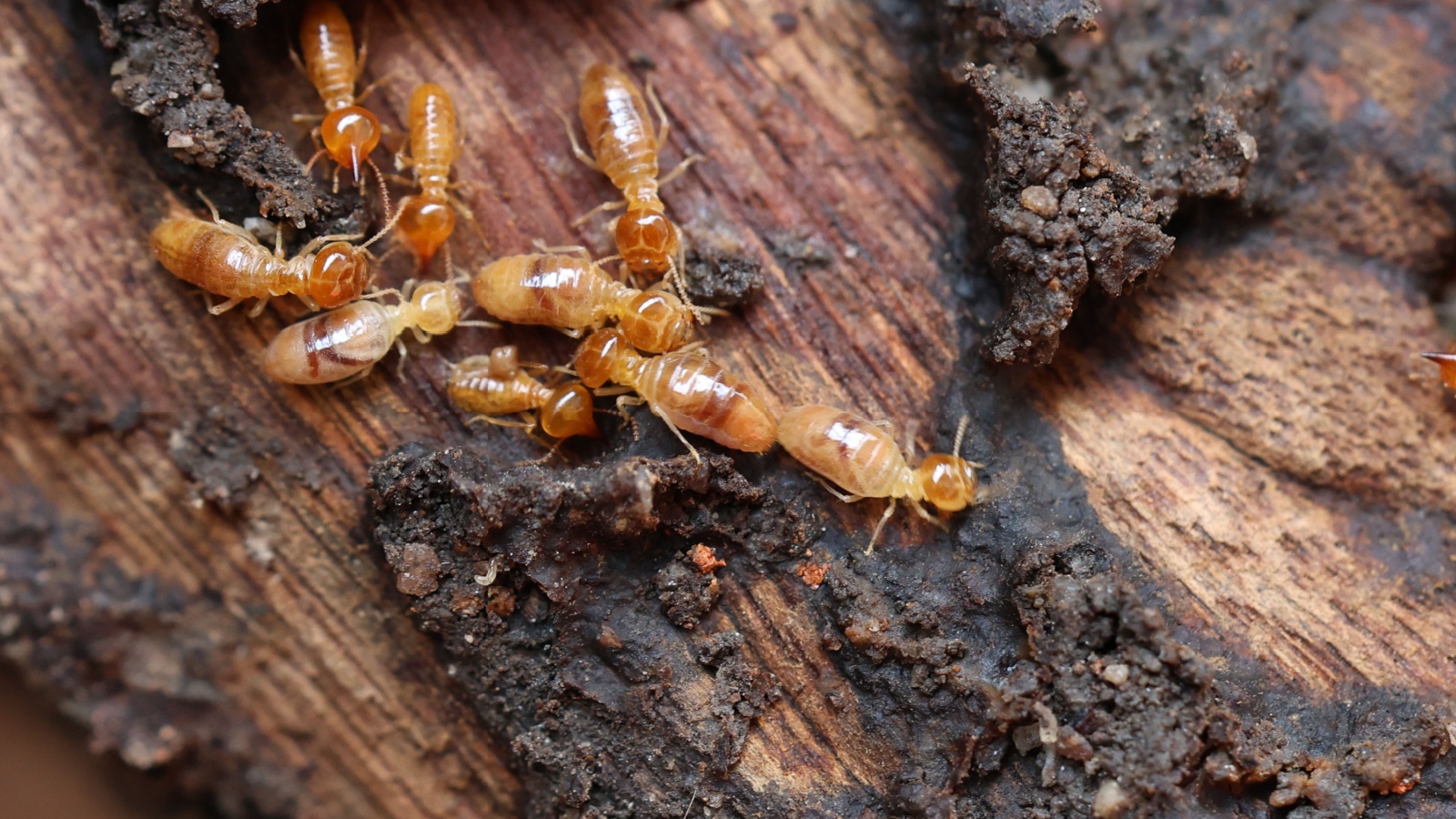
Blackflies, mosquitoes, and mice are common cottage nuisances, but ignoring pest control allows infestations to spiral. Rodents can damage wiring, insects spread disease, and wasp nests make outdoor spaces dangerous. Cottage owners often wait until pests become unbearable before acting, leading to bigger problems. Stopping this procrastination means sealing cracks, storing food properly, and using eco-friendly repellents early in the season. Regular checks go a long way in keeping the cottage livable and safe, and a little prevention saves a lot of frustration, ensuring summer weekends stay pleasant instead of stressful.
Forgetting Insurance Updates

Cottage owners often assume their home insurance automatically covers seasonal properties, but this isn’t always the case. Failing to update policies can leave cottages vulnerable to theft, storm damage, or accidents. Many owners also overlook coverage for boats, docks, or short-term rentals, which can result in costly surprises after a claim. Stopping this oversight means reviewing policies regularly, making sure coverage matches the property’s actual use. Proper insurance provides peace of mind, protecting the investment and ensuring that cottage life remains a source of joy, not unexpected financial setbacks.
21 Products Canadians Should Stockpile Before Tariffs Hit

If trade tensions escalate between Canada and the U.S., everyday essentials can suddenly disappear or skyrocket in price. Products like pantry basics and tech must-haves that depend on are deeply tied to cross-border supply chains and are likely to face various kinds of disruptions
21 Products Canadians Should Stockpile Before Tariffs Hit
